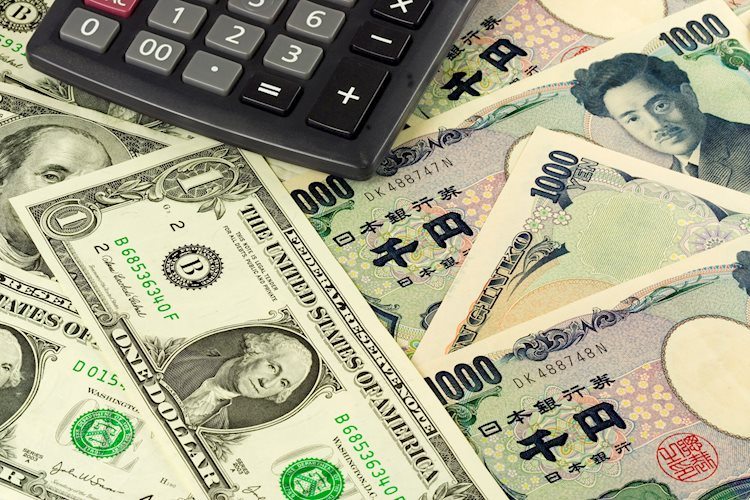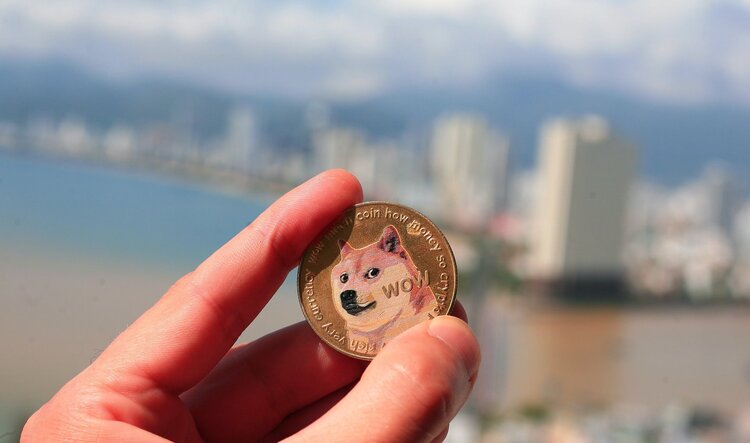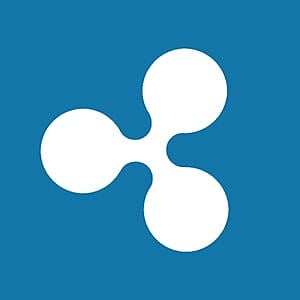Tesla upended the EV market with declining deliveries in Q1.
Rivian beat consensus for deliveries in Q1 but saw its stock price descend.
Strong US manufacturing data is pressuring equities.
Nio (NIO) stock drifted to its lowest level in nearly four years on Tuesday after Tesla (TSLA) announced its first decline in deliveries since 2020. Despite a decent showing in its own March delivery data on Monday, sentiment surrounding the Chinese electric vehicle (EV) automaker Nio has dwindled. Nio stock closed 2.2% lower at $4.54.
It didn’t help that US manufacturing data from Monday continues to put downward pressure on the market as investors postpone their estimate of the beginning of the Federal Reserve’s (Fed) interest rate cuts. The Dow Jones lost 1%, while the S&P 500 dropped 0.72% and the NASDAQ Composite descended 0.95%.
Nio stock fell nearly 3% on Tuesday’s news that Tesla had missed consensus delivery estimates for the first quarter. Elon Musk’s company delivered 386,810 vehicles during the first quarter, a figure that was well below Wall Street’s expectations for 425,000.
Additionally, the final tally arrived well off the 484,507 vehicle deliveries in the previous quarter or the 422,875 delivered a year prior. Tesla stock drained more than 5% on the quarter’s figures, which they partially blamed on the Israel-Gaza war’s effect on increasing Red Sea shipping costs and the arson attack on its factory in Berlin.
Rivian (RIVN), another EV upstart, also released its delivery figures on Tuesday. The company, run by RJ Scaringe and coming off a poor earnings call several weeks back, posted deliveries of 13,588 that bested consensus by about 1,700. However, that was not enough to aid the share price, and Rivian stock descended a similar 5% or more in the session.
Regardless of delivery data, much of the market is in risk-off mode due to a hot manufacturing report. March’s ISM Manufacturing PMI data arrived at 50.3 on Monday, a large jump from February figures and the first time in 16 months that the sector showed expansion. The stronger data gave more credence to the idea that the US economy was too hot for the Fed to lower rates. Currently, the market is betting on a first rate cut in June.
For its part, Nio delivered 11,866 vehicles in March, which amounted to a 14% increase YoY. As has been the case for some time, SUV deliveries surpassed sedan deliveries. Nio has been competing with fellow EV makers like BYD (BYDDY) and Li Auto (LI) to cut prices on their models over the past few months, but on Monday Tesla surprised some observers by raising prices in both the US and China on select models.
Nio is a designer and manufacturer of electric vehicles based in Shanghai, China. Formerly known as NextEV, the company changed its name to Nio in 2017. Nio trades under the NIO symbol on the New York Stock Exchange (NYSE) and under the 9866 tag on the Hong Kong Stock Exchange. The company was incorporated in 2014 but went public on the NYSE in September 2020 with a $1.8 billion initial public offering. William (Bin) Li is the CEO of Nio, which he co-founded with President Lihong Qin, another Chinese business executive.
The main difference with other major EV brands like Tesla is that Nio offers battery swapping technology in addition to normal charging options. These swap stations allow drivers to switch out their batteries for fully-charged, identical batteries in less than five minutes, which allows owners to drive long distances without needing to stop for an hour to recharge like most other EVs. At the end of 2022, Nio had 1,305 battery swap locations and built its first swap station in Norway in May 2022. The goal for the customer is to reduce range anxiety.
Nio began its reign with the EP9 sport car back in 2016, and the vehicle is still being produced on a small scale. Since then, Nio has branched off into more mainstream fare. The ES8 was introduced in 2018. It is a full-size SUV with a range of 311 miles. The ES6 SUV dropped the following year and has a range of 379 miles. The smaller EC6 SUV arrived in 2020, and the ET5 and ET7 sedans were released in 2021 – the latter two with versions capable of achieving 621 miles of range. The ES7 and EC7 arrived in 2022 and 2023, respectively.
Yes. While the vast majority of Chinese automakers focus wholly on the Chinese market, Nio began its foray into Europe in late 2021. After beginning in Norway, Nio began entering the German, Danish, Dutch and Swedish markets in 2022 with plans to expand throughout the rest of the decade. Although they are not yet sold in the US, Nio vehicles are being tested in California under that state’s autonomous driving program.
Nio stock reached an intraday low of $4.38 on Tuesday, although the stock ended the day at $4.54. This was the lowest that NIO stock has traded since June 3, 2020, almost four years ago.
Nio shares are trading well below both the 20-day and 50-day Simple Moving Averages (SMA), and the stock price has been in a downtrend for much of the past two years. Based on technicals, traders won’t pay Nio any attention until it closes above the $5.30 level. That price level has shown support back in February and also coincides with the 20-day SMA.
NIO daily stock chart
Share:
Feed news
Information on these pages contains forward-looking statements that involve risks and uncertainties. Markets and instruments profiled on this page are for informational purposes only and should not in any way come across as a recommendation to buy or sell in these assets. You should do your own thorough research before making any investment decisions. FXStreet does not in any way guarantee that this information is free from mistakes, errors, or material misstatements. It also does not guarantee that this information is of a timely nature. Investing in Open Markets involves a great deal of risk, including the loss of all or a portion of your investment, as well as emotional distress. All risks, losses and costs associated with investing, including total loss of principal, are your responsibility. The views and opinions expressed in this article are those of the authors and do not necessarily reflect the official policy or position of FXStreet nor its advertisers. The author will not be held responsible for information that is found at the end of links posted on this page.
If not otherwise explicitly mentioned in the body of the article, at the time of writing, the author has no position in any stock mentioned in this article and no business relationship with any company mentioned. The author has not received compensation for writing this article, other than from FXStreet.
FXStreet and the author do not provide personalized recommendations. The author makes no representations as to the accuracy, completeness, or suitability of this information. FXStreet and the author will not be liable for any errors, omissions or any losses, injuries or damages arising from this information and its display or use. Errors and omissions excepted.
The author and FXStreet are not registered investment advisors and nothing in this article is intended to be investment advice.





